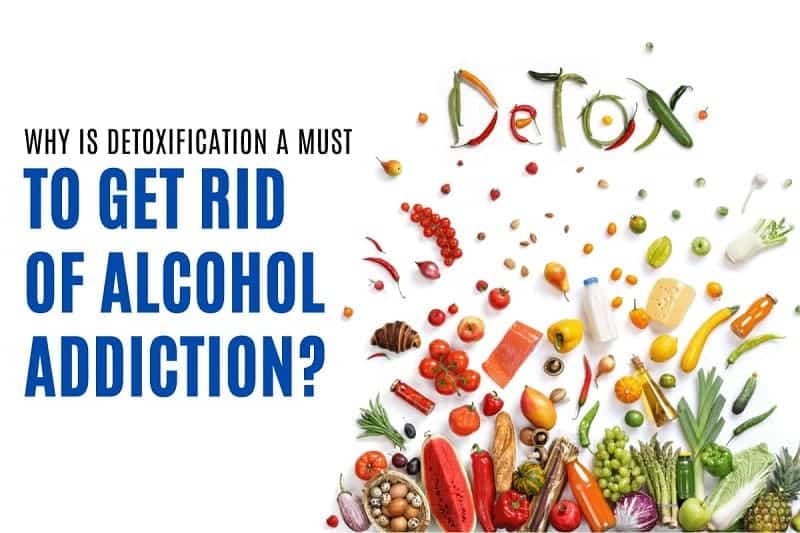The natural process that happens in the body as it works to clear the system of waste products and toxins caused by excessive, long-term alcohol use is known as alcohol detox (or detoxification). Alcohol detox is generally supported by medicine, medical monitoring, and counseling in a therapeutic environment monitored by any alcohol detoxification treatment facility.
People who have been drinking heavily for a long period are more prone to suffer unfavorable detox side effects, some of which can be hazardous. Long-term alcohol consumption can result in tolerance and physiologic changes, resulting in a false sense of equilibrium. The act of disrupting this equilibrium and returning the user to a healthy condition is delicate. Nasha mukti kendra in Thane have found inquiries made as to how the detoxification process can be approached.

Detoxification from alcohol at de-addiction centres in Pune and Ahmedabad or elsewhere is the first stage in a lengthy treatment program. Detoxification may be done safely in both inpatient and outpatient settings, although heavy users should have round-the-clock medical supervision. The detox process usually consists of three steps:
Intake-
To properly grasp each case, the medical team will conduct a thorough evaluation of arriving patients' drug, medical, and mental histories.
Medication-
To reduce withdrawal symptoms, several detoxification programs use medicines that imitate the effects of alcohol. Medications can also be used to treat co-occurring disorders or general pain.
Stabilization-
Medical and psychological therapies are used to assist the patient to achieve mental and physical harmony.
Symptoms of withdrawal
There are three phases to alcohol withdrawal symptoms described by experts at alcohol Rehab Center in Mumbai:
Stage 1: Within 8 hours of the previous drink, the first symptoms, such as nausea, anxiety, sleeplessness, and stomach discomfort, usually appear.
Stage 2: High blood pressure, a rise in body temperature, an irregular heart rate, and confusion are all possible symptoms. These signs and symptoms usually appear 24 to 72 hours after the previous drink.
Stage 3: Fever, convulsions, hallucinations, and agitation are common symptoms that appear 2–4 days after the last drink.
Detoxing from alcohol is crucial.
Alcohol is a depressant that your body adapts to over months or years of consumption. Your brain quits producing certain chemicals that it obtains from alcohol after a while, and you get hooked to it. This is why the body needs time to adjust when you quit. This causes withdrawal symptoms such as headaches, fevers, nausea, irregular heartbeats, and hallucinations.
Some people are unwilling to stop drinking because they are concerned about the withdrawal symptoms that occur throughout the alcohol detox process. While mild symptoms of drinking may affect some people, others may experience severe discomfort.
Jagruti rehabilitation centre’s alcohol detoxification treatment facility specialists will be able to assist you to control your pain with various drugs. This allows you to concentrate on your rehabilitation and development.